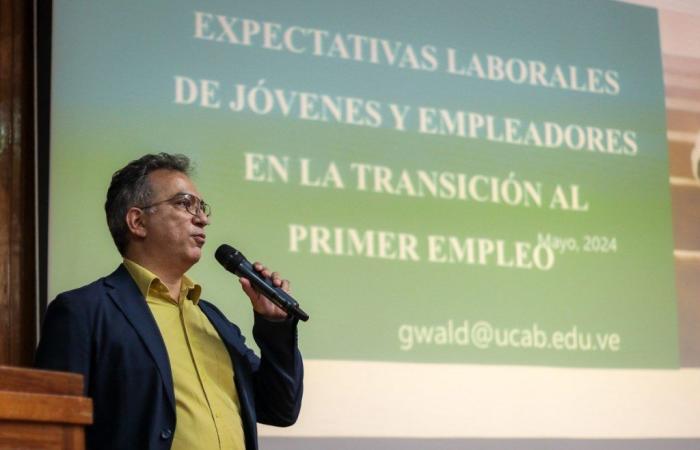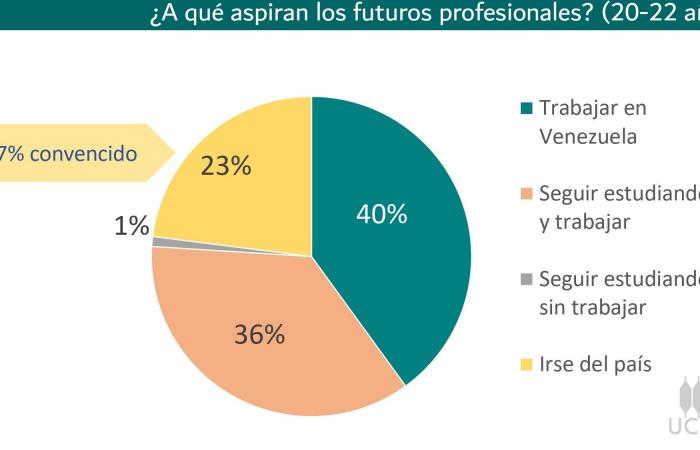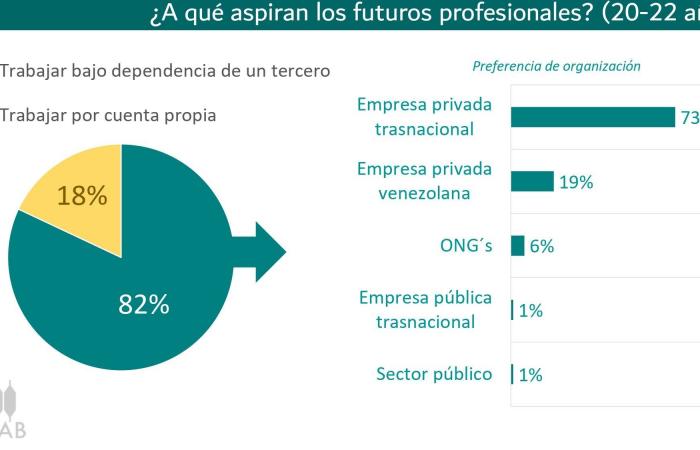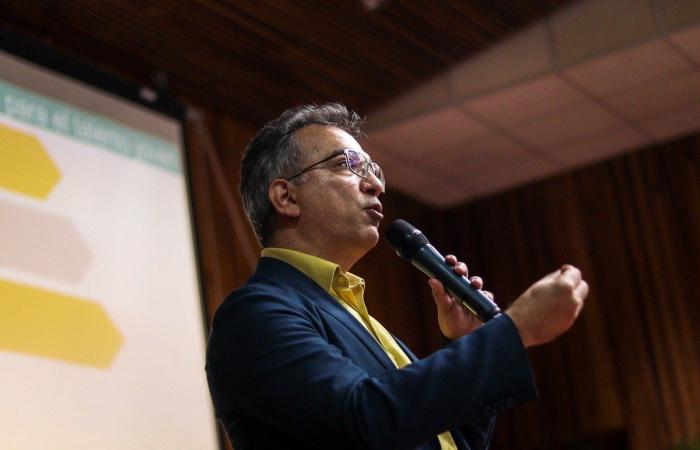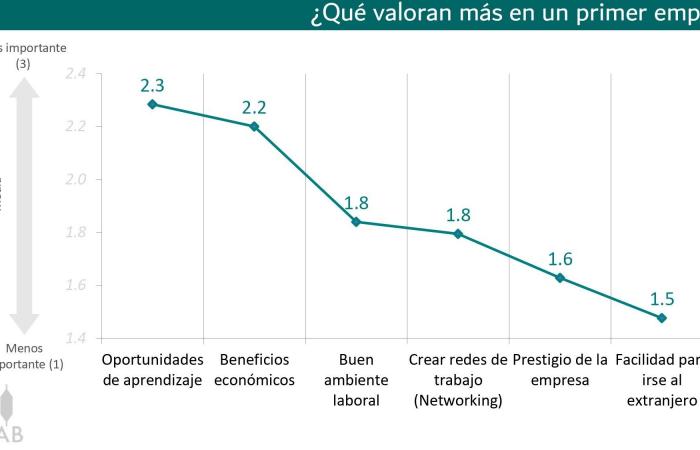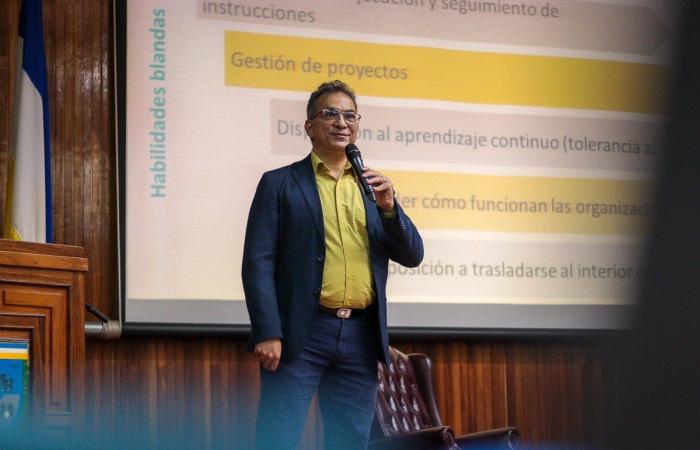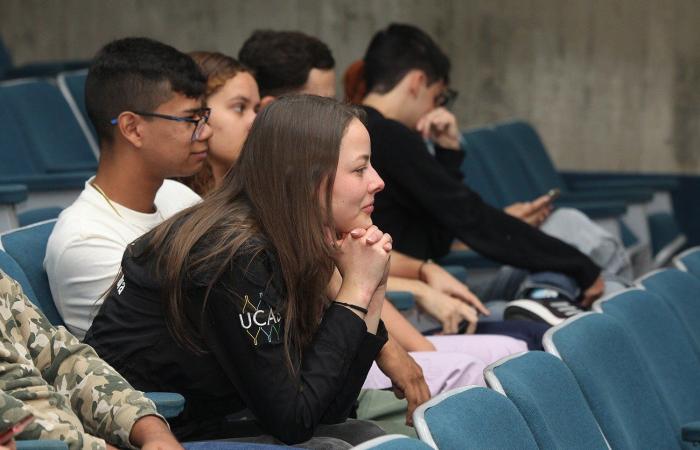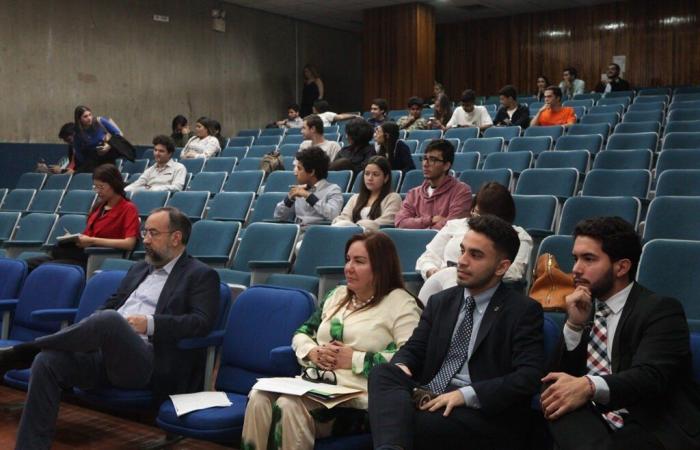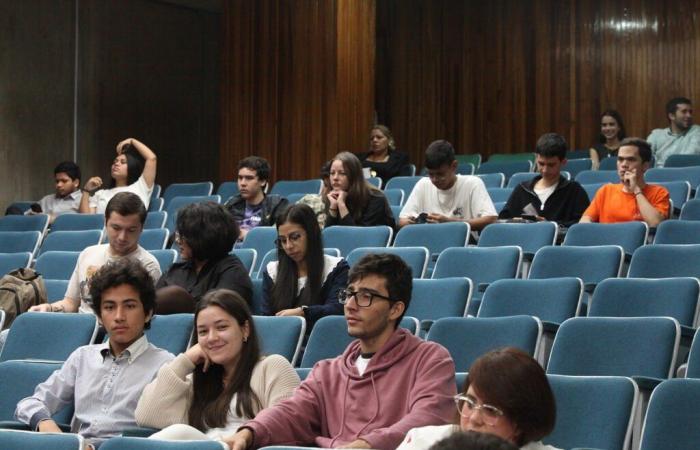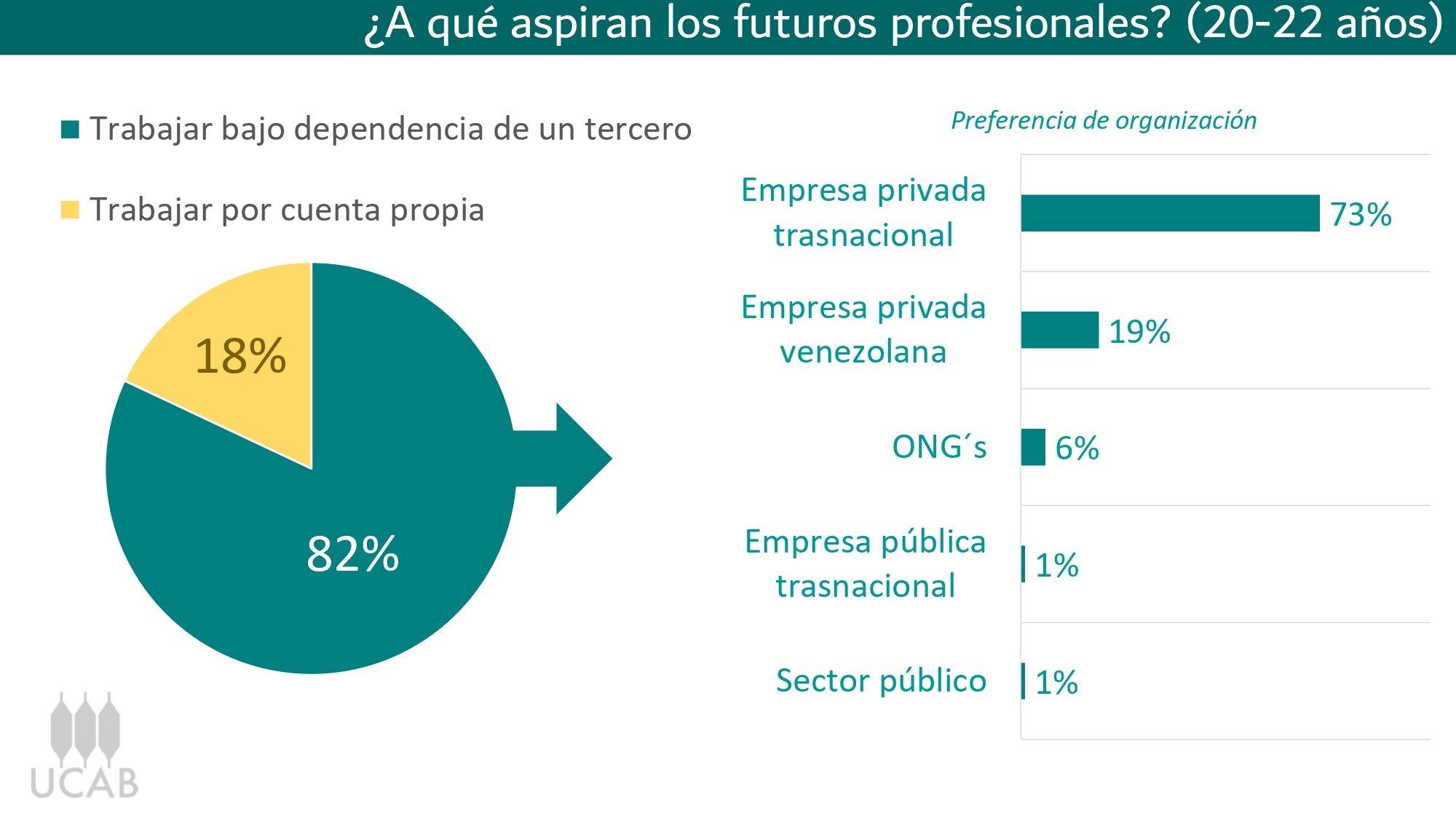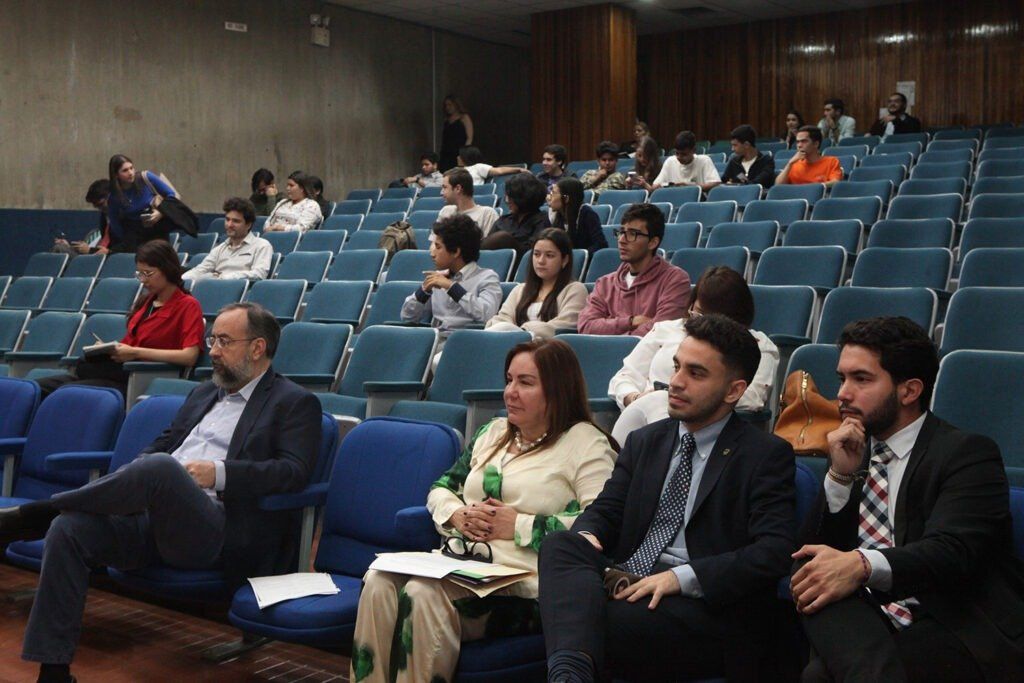This is indicated by research from the Observatory of Employability and Training Processes of the UCAB, according to which future professionals look for opportunities in a first job to learn and build work networks, above money. Companies require employees with technological skills, willingness to continually learn, and tolerance for failure.
From the investigations of the Observatory of Employability and Training Processes of the UCABan entity active since 2020, the psychologist and director of the Observatory, Gabriel Waldpresented the presentation «Job expectations of young people and employers in the transition to the first job».
In this talk, held on Thursday, June 13 within the framework of the UCAB Business Week 2024they revealed trends on the demands of young professionals when graduating from university, as well as of employers when looking for new talents.
First of all, Gabriel Wald presented a brief analysis of the attitudes that high school graduates between 17 and 18 years old have towards higher education. He said that the data indicates that they want to study, but they are looking a wide variety of undergraduate and short offers “with prestige and usefulness” to position yourself in the labor market quickly.
He stated that, unlike other decades, the long duration races They are lower in their hierarchy of priorities.
«Every day it is more difficult for young people to bet and believe that by doing a traditional degree of four or five duration, they will really be able to enter the world of work, or they will be able to buy a house or do those things that were like the archetype of what many aspired to. That does not mean that they do not want to study, what is that they are finding here in Venezuela that the offer they find is not enough for what they aspire to do. The young man wants to continue training, the issue is that he is finding new options to make it more appropriate to the urgencies of his environment », declared.
First job in the country and private companies
Wald highlighted that the idea of emigrating from the country among university students about to graduate, aged between 20 and 22, has experienced a significant decrease: only out of 10 (23%) want to leave the country.
Of the 23% of young people than aspirations of leaving the national territory after graduating, only a 7% have concrete and defined plans to do so.
Along these same lines and according to the statistics presented, 40% of future professionals want to continue working in Venezuela, added to another 36% who wants to continue training while practicing his profession.
92% of survey respondents want to do it in a private company (73% opt for a transnational company and the rest for national ones) and only 2% want to belong to a company or government agency. Non-profit organizations (NGO) They attract 6 out of 10.
Curiously, the majority of university students surveyed in the Observatory studies (82%) expect to work under the dependence of a third partywhile only one 18% want to do it on their ownwhich shows a low proportion in terms of entrepreneurial aspirations.
«Working on your own goes from my dad’s business to achieving a business. Also having a job and wanting to develop it is a broad spectrum that is in there. This overturns that vision that existed for a long time where it was expected that everyone aspired to undertake. The young man has more and more references about how difficult and arduous it can be to raise venture capital.», said.
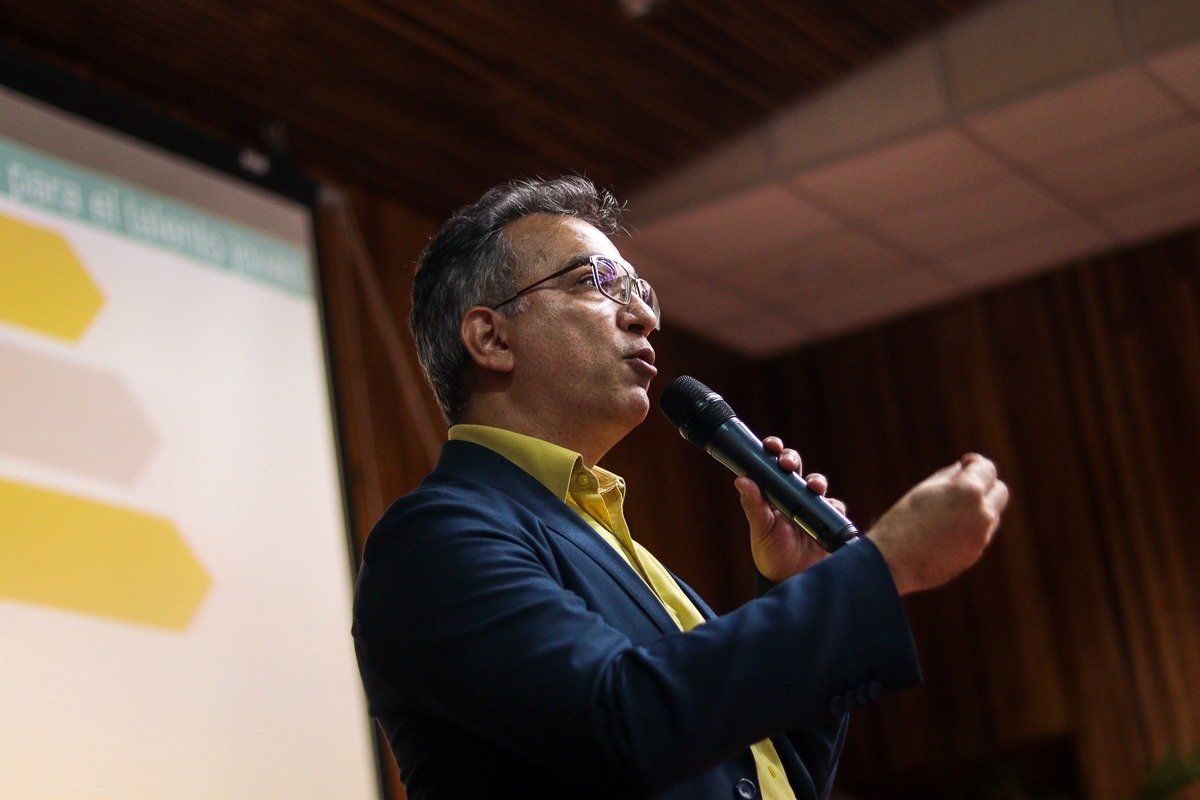
Training more than money
Among the opportunities and benefits that young university students look for in their first job, the UCAB Employability Observatory has found a growing interest in continuing to train academically within the workplace.
This is above the possible economic benefits. They also consider a good work environment important and create work networks or Networking.
«The kids value in a much greater way, with much greater intensity, the opportunity to learn rather than the possibility that this job will allow me to leave the country. If we see this photo about eight years ago, it was very different. That is to say, just as we have a young man who wants to continue studying, beyond the fact that it is not just a long career, we have a professional future or a young man who is graduating, who is not only dreaming of leaving the country, what he is dreaming “It is with learning, with inserting yourself in an environment where you can have experiences,” Wald pointed out..
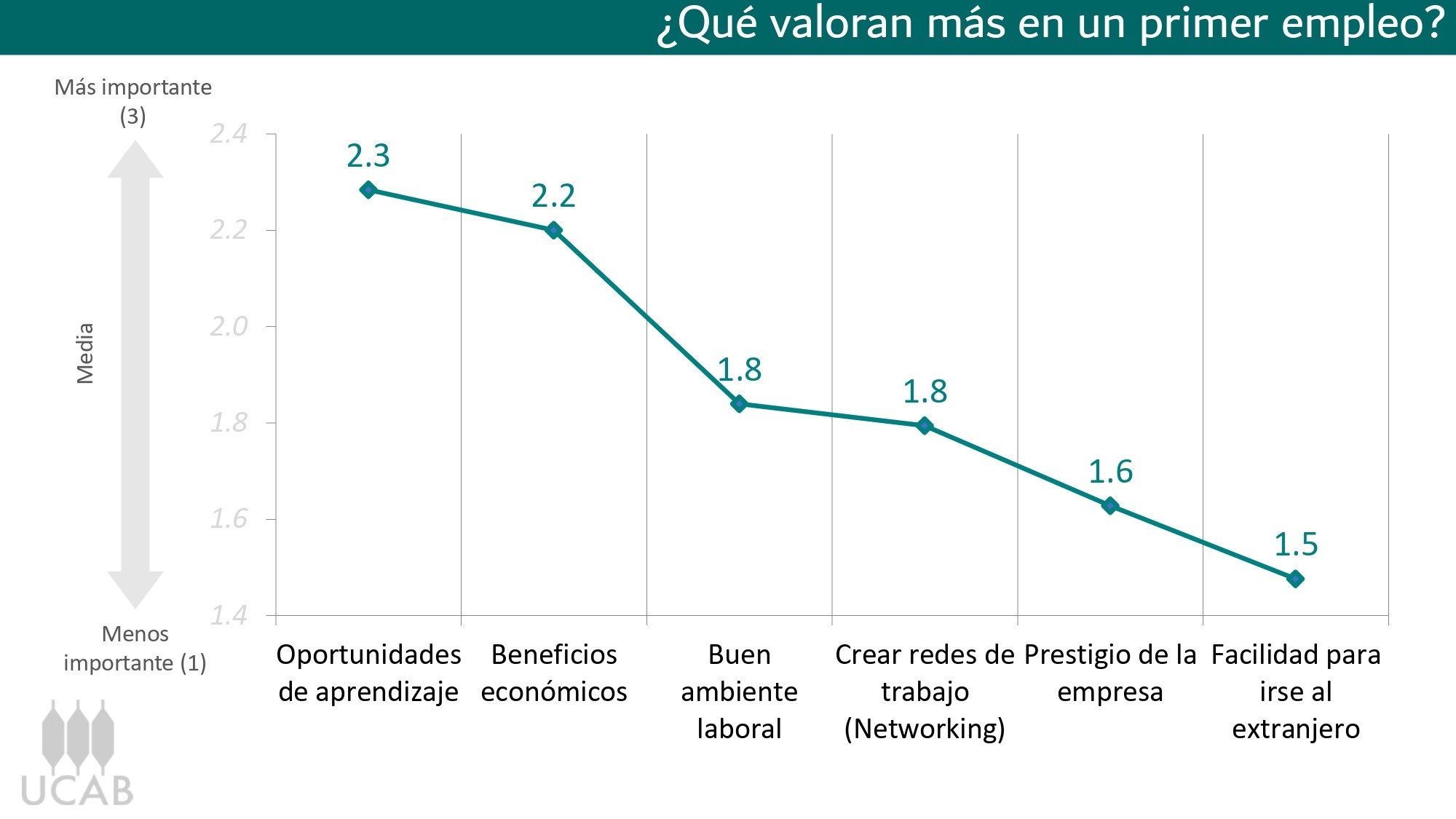
And what do organizations need from young talent?
Gabriel Wald also presented the requirements that organizations and companies usually look for in recent graduates, classifying them into two large categories: soft skills and specific skills.
Manage work teams effectively, be flexible in executing and following instructions and having the ability to manage projects, as well as the disposition for continuous learning and tolerance for failure are considered essential among soft skills.
They also require recent graduates to have a clear understanding of what working in an organization entails. This includes cability to adapt to company values, policies and procedures, something not always well seen by the new generations.
«There is a need for the young person to be able to leave the traditional procedure and, in addition, following instructions is not interpreted as an exercise of evil authority, but simply following instructions for the organization to function. Difficulty is reported for the young man to follow instructions without getting uncomfortable many times,” he said.
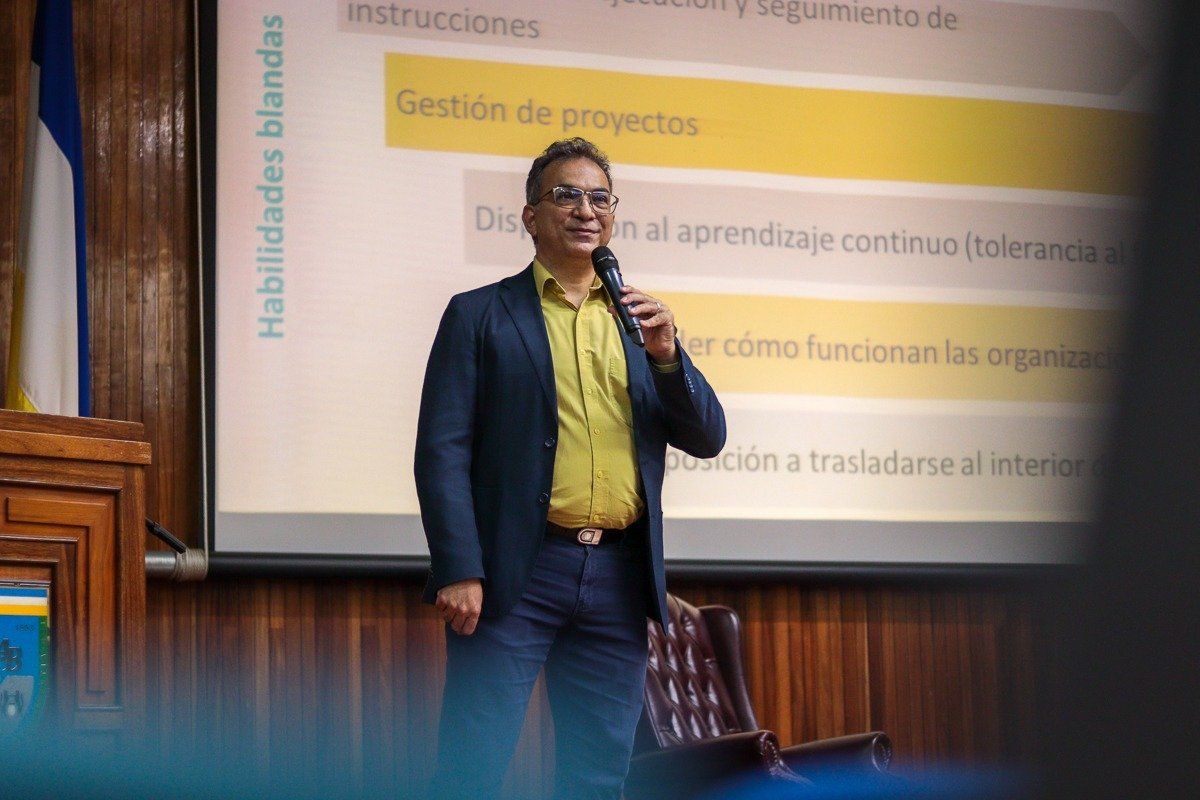
As to specific skills, Venezuelan employers require that their new professionals know English and even a third language, They have the disposition and knowledge of customer service, as well as the ability to manage and analyze data.
They also look for those who handle software and technological tools, have knowledge of the laws and regulations of their specialty and career, and are familiar with the Sustainable Development Goals (SDGs) and sustainability as a core value.
Starting from this, the also professor and consultant He insisted on the importance that, from the university stage, sand privilege the diversified educational approachwhere students can develop multiple skills and competencies and do not feel the need to start “from scratch” when they graduate.
«So, our job as an institution, as a university, is to open more possibilities and options to the kids so that they don’t just feel like they graduated and now they start. By the time they leave high school, kids should already be putting together this great network of disciplines, trades, skills, contacts, experiences that will build them as some type of professional. “You have to make an effort so that the boy discovers that the secret is not in the degree or in what they teach you in the degree, because that is fundamental, but it is not a magical step,” considered.
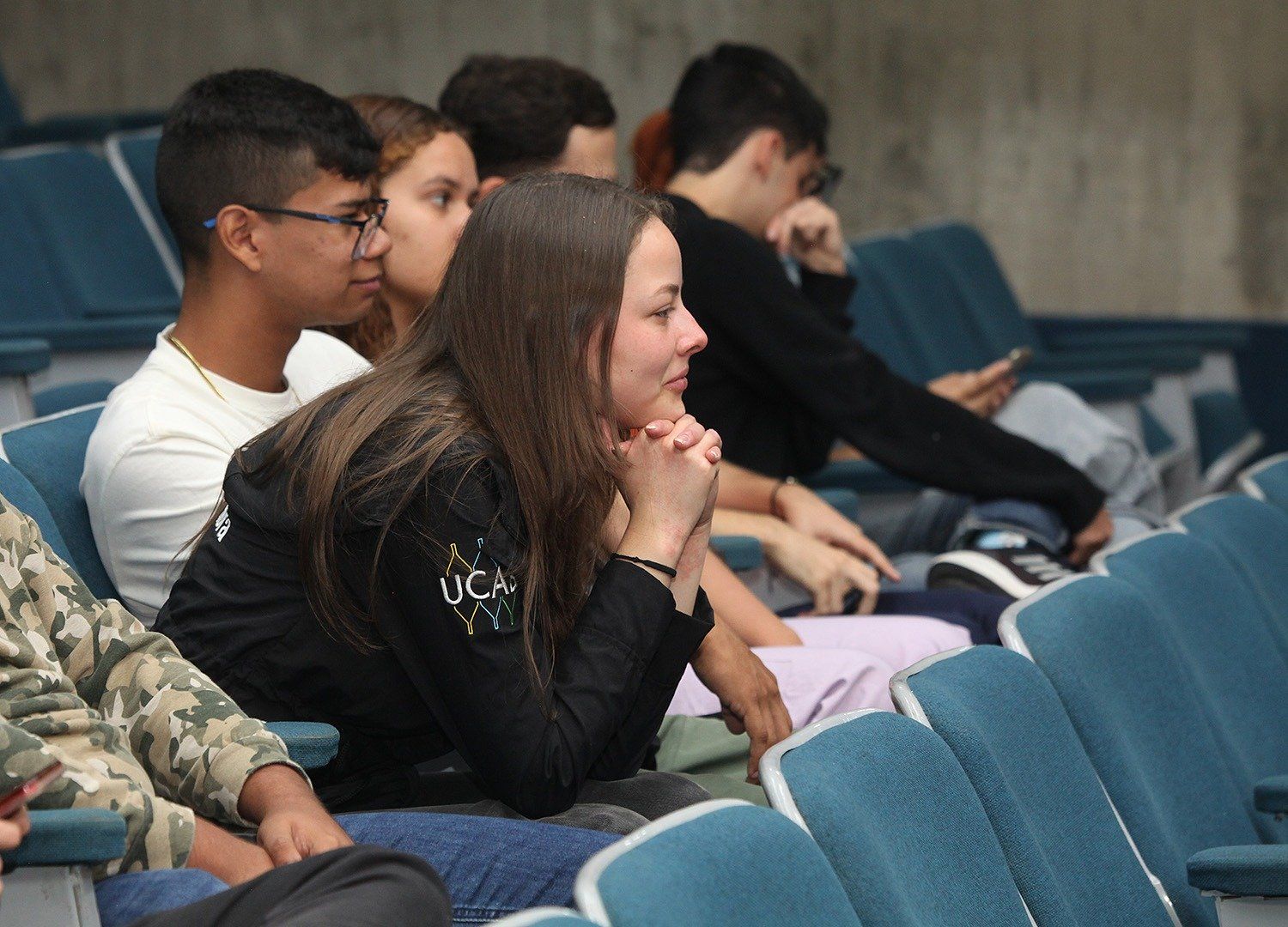
The young professional needs company on his journey
In closing, Gabriel Wald highlighted the key pillars for the successful integration of young professionals into the world of work. These include the need for support to produce and stabilize, the availability of possible career pathsthe space to discover possible proposals, a good relationship with the environment and the opportunity for continuous training.
«Having an organization that supports it is a great contrast to the institutional orphanhood to which we are accustomed in Venezuela. It is a somewhat strong phrase, but we certainly know that institutionality is probably what has been blurred the most in the country. Right now, the need to re-institutionalize is more urgent than ever, and that includes the pride of belonging to an organization, even if it has flaws. Because if young people do not find purpose in belonging to an organization, they may not find purpose of any kind, because at the end of the day we are all institutional beings.»he concluded.
Those interested in reviewing Professor Gabriel Wald’s presentation, based on research from the UCAB Observatory of Employability and Training Processes, can click on this link: https://elucabista.com/wp-content/uploads/2024/06/Expectativas-Laborales-en-jovenes.pdf
♦Text: Mariana Pérez Guerra/Photos: Christian Lazo
18 perspectives on business in Venezuela provided by the UCAB 2024 Business Congress

